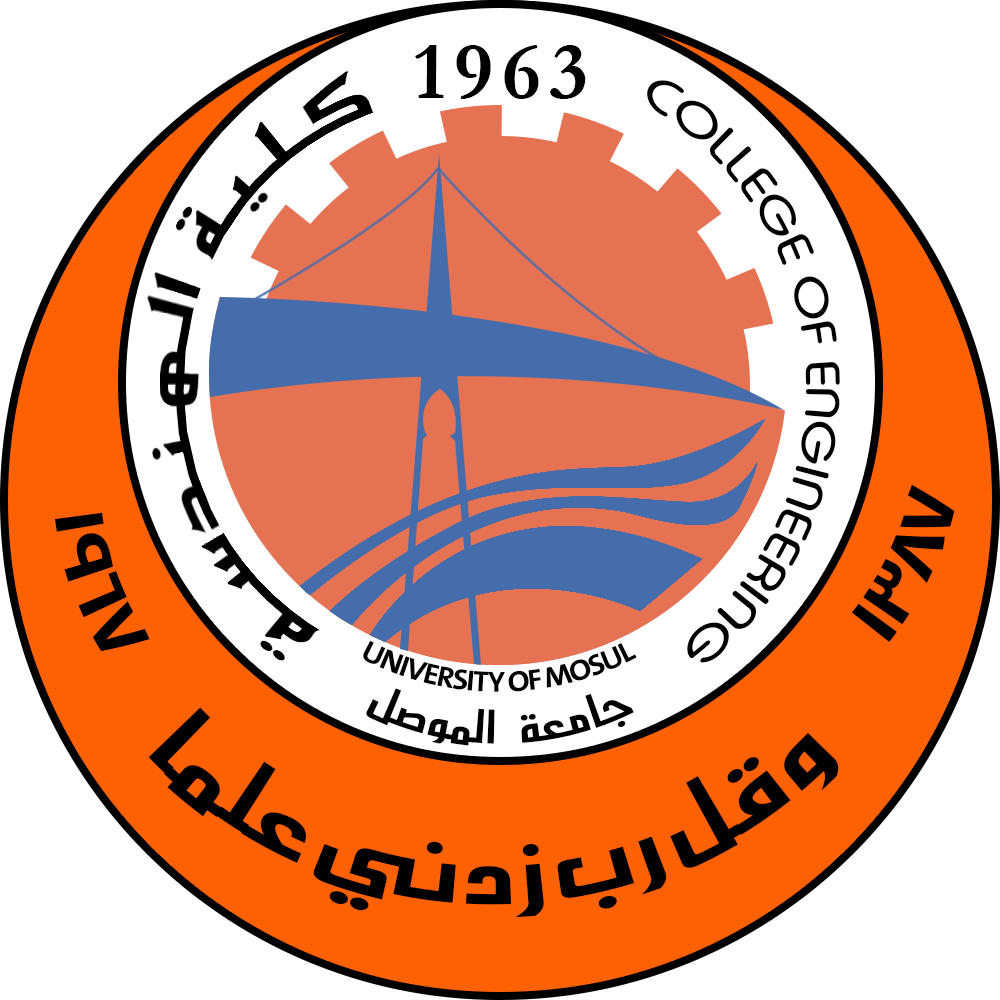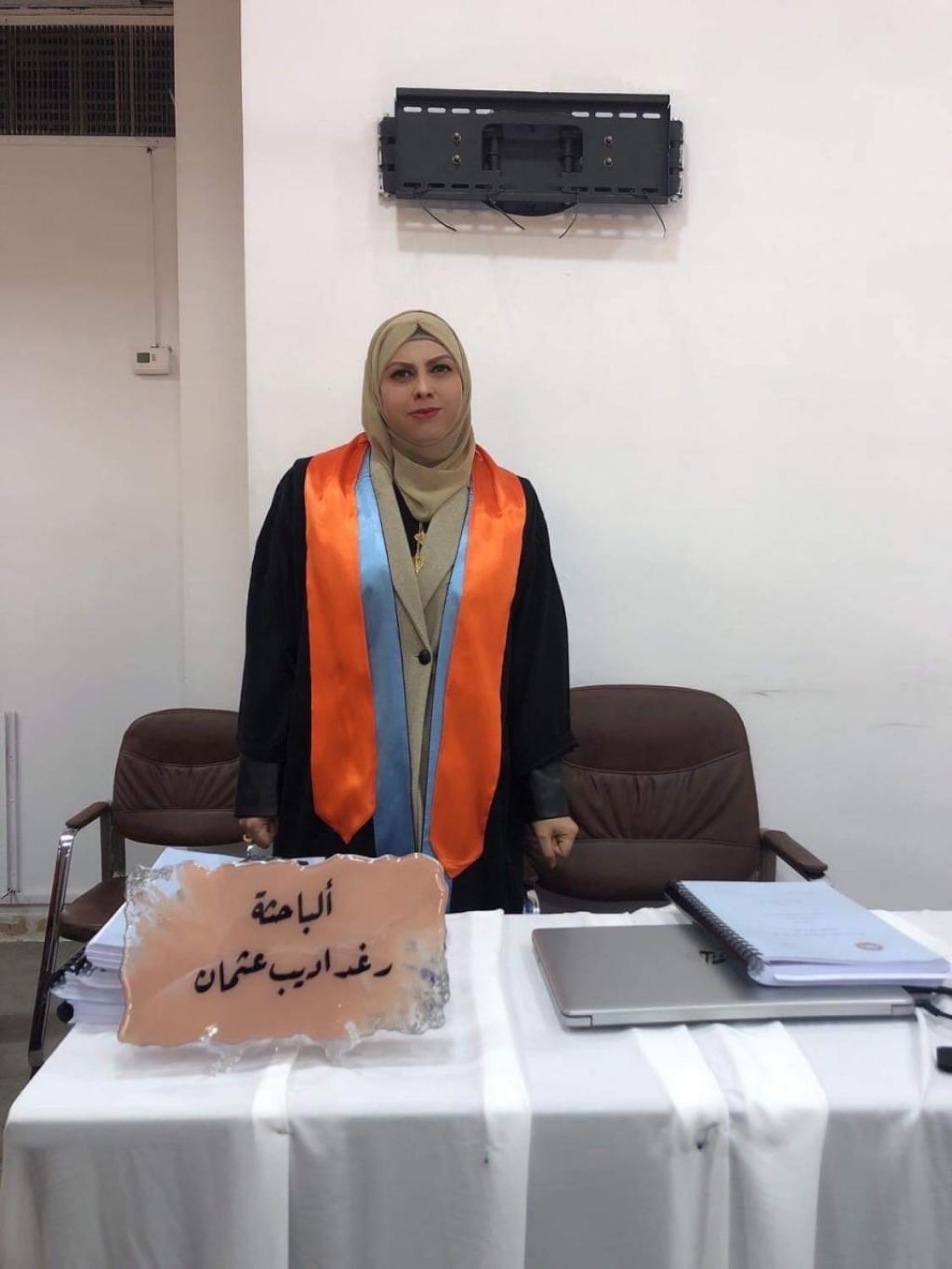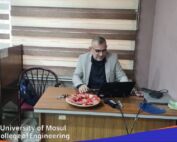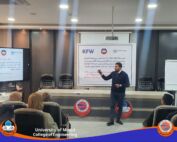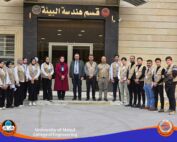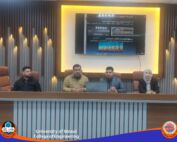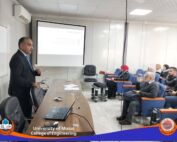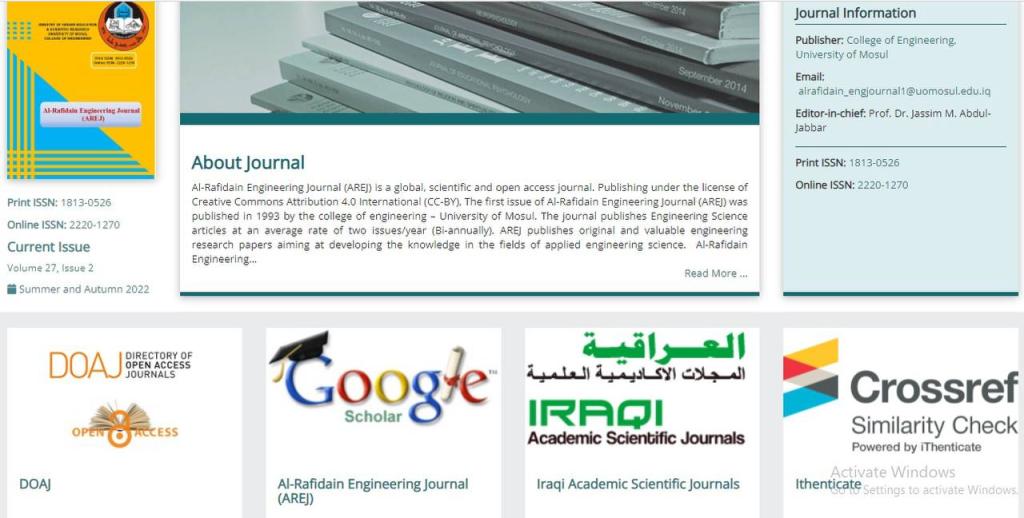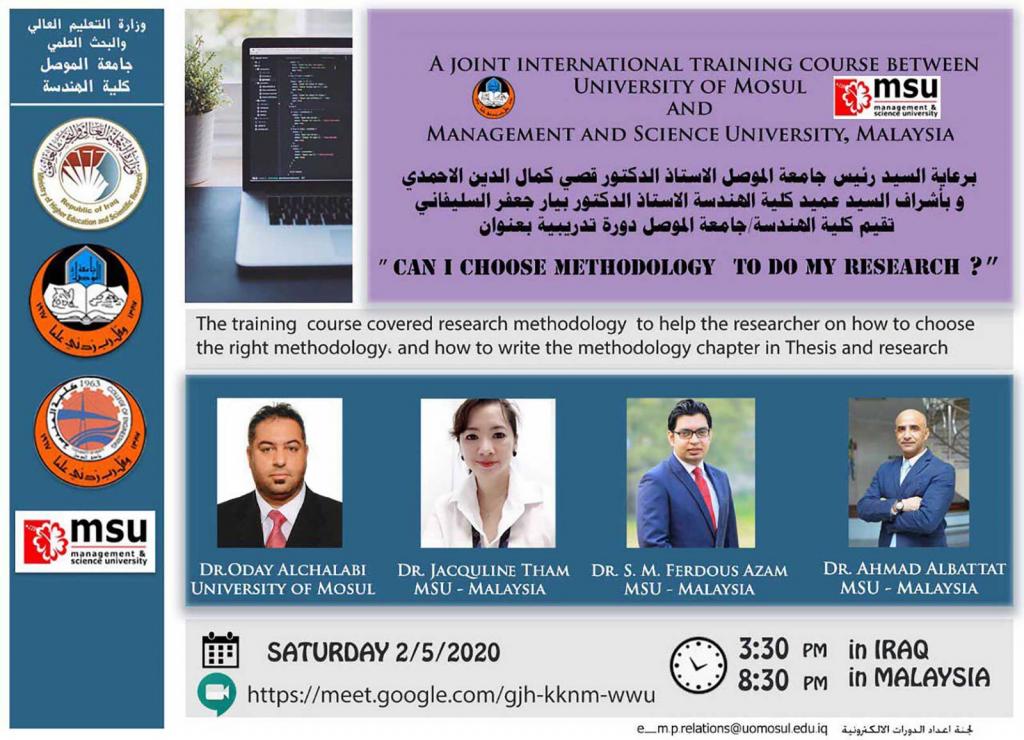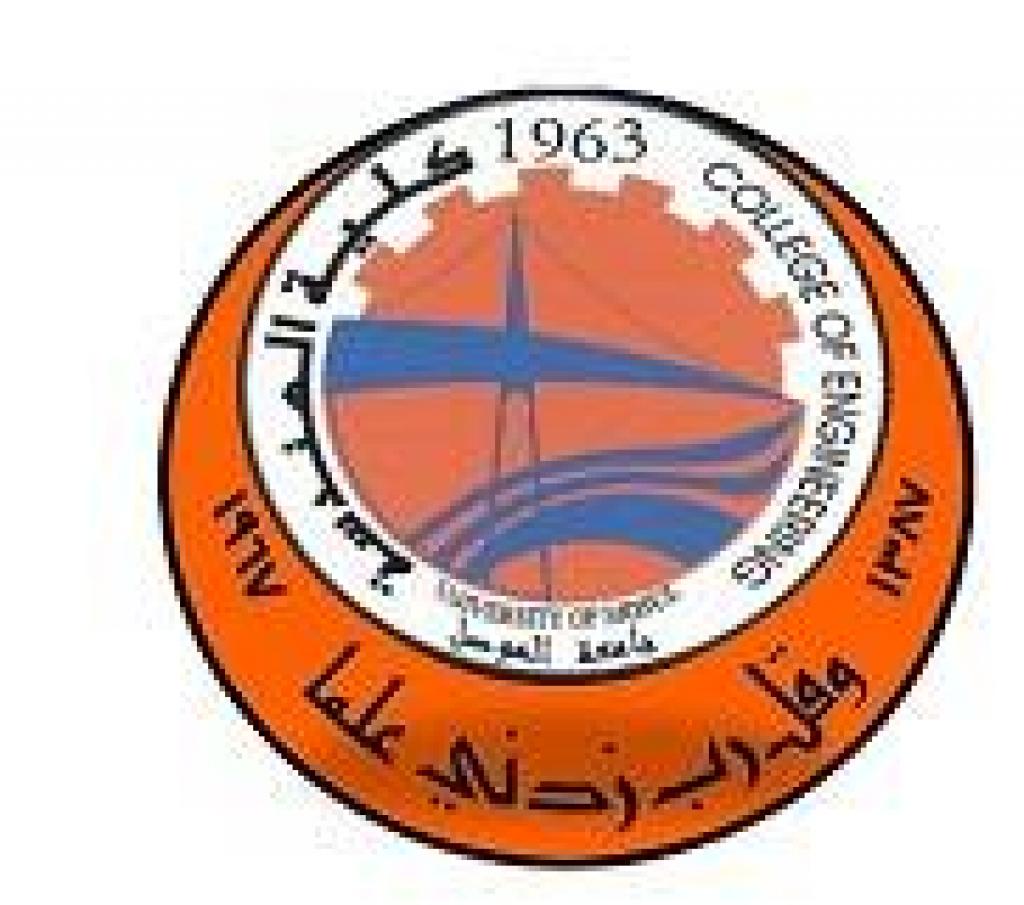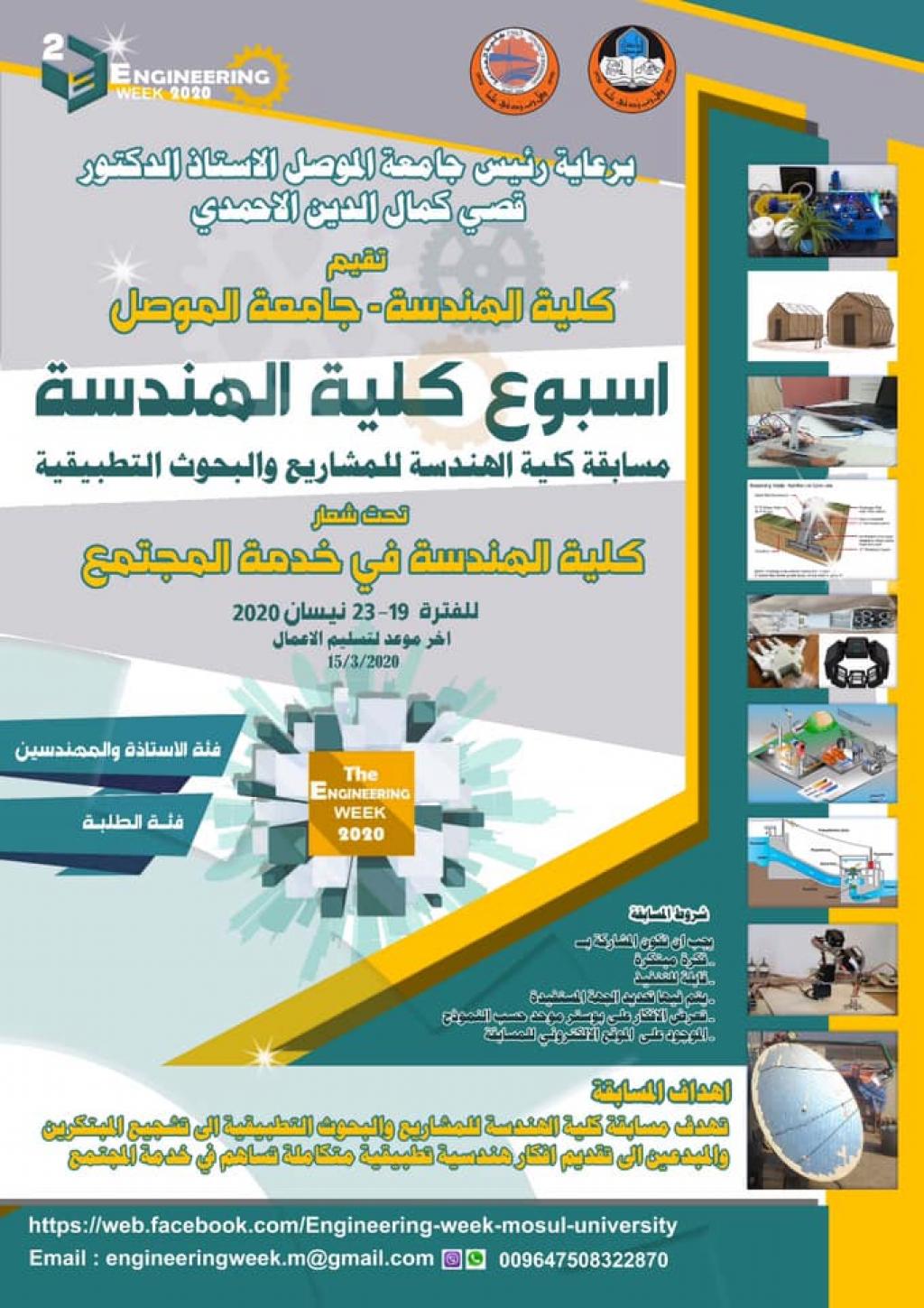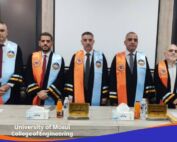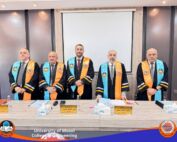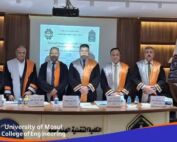27 December، 2022
Master thesis on “Reactive Power Injection Effect Via Hybrid System on Electrical Network”
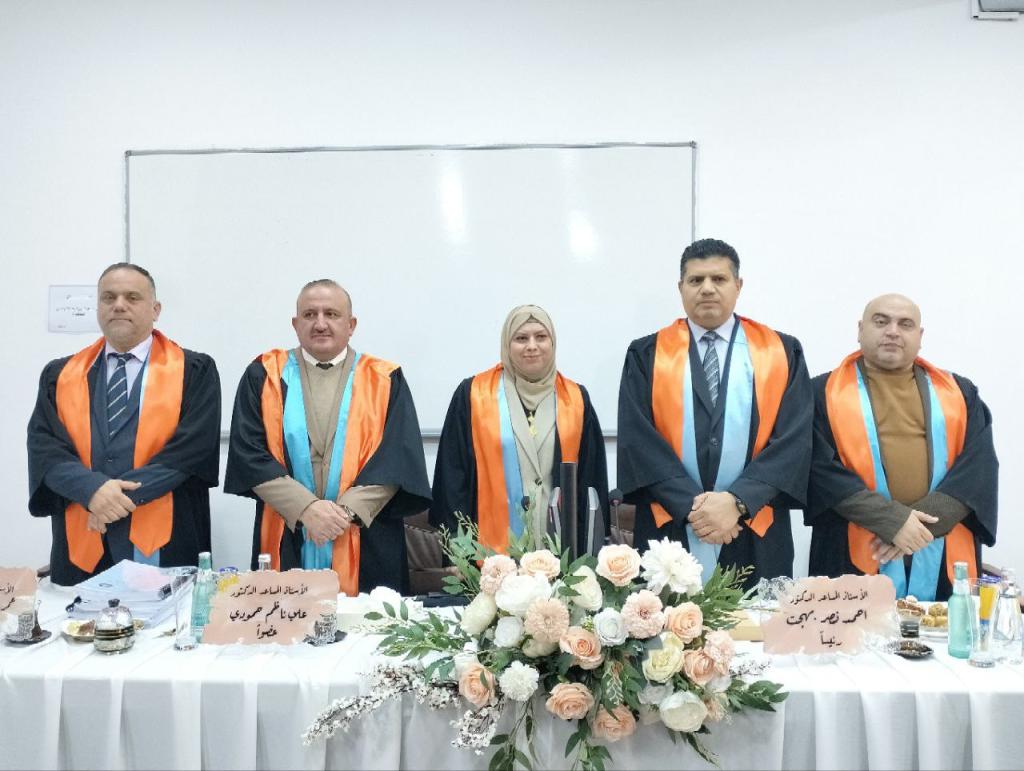
A Master thesis was discussed in Department of Electrical Engineering / College of Engineering at University of Mosul entitled Reactive Power Injection Effect Via Hybrid System on Electrical Network” submitted by (Raghad Adeeb Othman Mahmood), Supervised By Assist. Prof. Dr. Omar Sharaf Al-Deen. On Tuesday, Dec. 27, 2022.
This study presents the design of three renewable energy systems, two (PV-Battery) systems with a capacity of (400 kW) and (500 kW), and a (Battery- Grid) system with a capacity of (200 kW.h) using the MATLAB/SIMULINK program. (Perturb & Observe) technical was used to track the maximum power generated by the photovoltaic system. The effect of reactive power injection/absorption was tested by controlling a Three-Phase Three-Level (Neutral-Point Clamped) (NPC) inverter on a standard electrical power system (Modified IEEE 13- Bus Test System), having balanced loads in Bus 671 and unbalanced loads in Buses 675 and 634 in different operating modes.
The study proved that the total power generated by the main generator of the electric power system decreased by (24.6%) when connecting the Buses (671, 675, 634) with renewable energy systems, and the active power losses of the transmission line (632-671) decreased by (18.5%), and in the transmission line (692-675) at a rate of (44.8%) when reactive power is injected. In addition, the injection of reactive power helped improve the voltage of the Buses, and the improvement of the power quality by decreasing the amount of the total harmonic distortion of the voltage in the 671 by (29.87%), and in the 675 by (21.8%) when injecting the reactive power. As for the total harmonic distortion of the current, it decreased by (4.28%) in phase B of Bus 671, while in phase B of Bus 675 it decreased by (17.36%) when absorbing reactive power.
